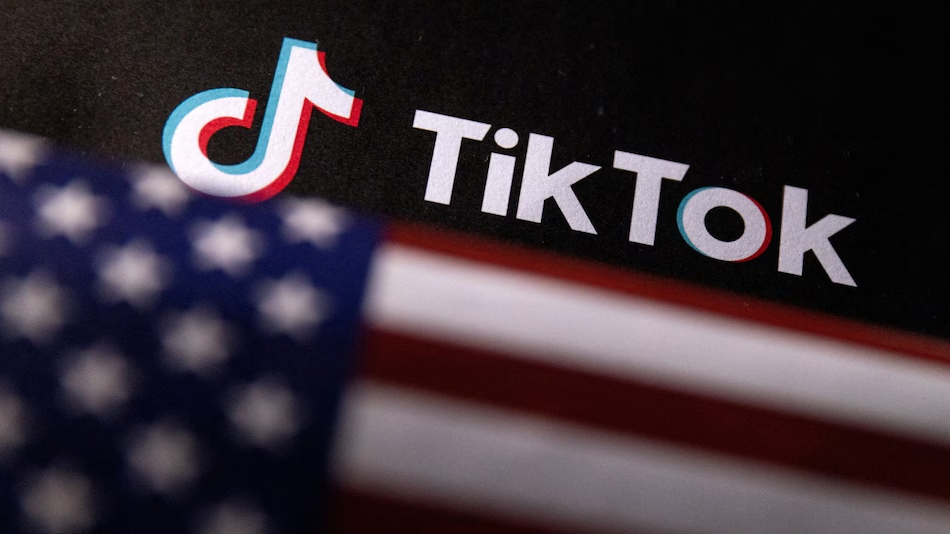President-elect Donald Trump has petitioned the US Supreme Court to delay the enforcement of a law that could either ban TikTok or force its Chinese parent company.

ByteDance, to sell the platform. Trump’s argument hinges on the need for additional time after he assumes office to explore a “political resolution” to the issue.
The court is scheduled to hear arguments on the matter on January 10, with the law’s divestment deadline set for January 19, just one day before Trump officially takes office.
What’s at Stake for TikTok?
The law, passed by Congress in April 2024, requires ByteDance to sell TikTok to an American company or face a nationwide ban. If the court doesn’t rule in TikTok’s favor or if a sale isn’t finalized, the platform—home to over 170 million US users—could be banned outright in the United States.
TikTok and ByteDance have challenged the legislation, arguing that the law is unjustified and unconstitutional. However, the US Justice Department and a coalition of lawmakers maintain that TikTok’s ties to China pose a significant threat to national security.
Trump’s Surprising Stance on TikTok
President-elect Trump’s support for TikTok marks a significant departure from his earlier position. In 2020, Trump sought to ban the platform in the United States and pushed for its sale to American companies, citing concerns over Chinese ownership.
This recent move suggests that ByteDance has successfully cultivated a relationship with Trump and his team during his presidential campaign. Trump, who acknowledged TikTok’s role in garnering billions of views during his campaign, even met with TikTok CEO Shou Zi Chew in December. During the meeting, he expressed a “warm spot” for the app and hinted at his preference for allowing TikTok to continue operating in the US, at least temporarily.
The Legal Argument for Delay
In Trump’s filing, his lawyer and solicitor general pick, D. John Sauer, stated:
“President Trump takes no position on the underlying merits of this dispute. Instead, he respectfully requests that the Court consider staying the Act’s deadline for divestment… thus permitting President Trump’s incoming administration the opportunity to pursue a political resolution of the questions at issue in the case.”
TikTok’s Defense
TikTok has consistently denied allegations of posing a national security threat. The company has emphasized that US user data is stored on Oracle Corp’s cloud servers in the United States, with content moderation decisions also made domestically. TikTok further argues that its ties to China have been misrepresented by the Justice Department.
Free speech advocates have also stepped in, warning the Supreme Court that the ban could set a dangerous precedent, likening it to the censorship tactics employed by authoritarian regimes.
Support for the Ban
On the other side, Montana Attorney General Austin Knudsen, alongside 22 other state attorneys general, filed an amicus brief urging the Supreme Court to uphold the legislation. They argue that ByteDance’s control over TikTok continues to be a security risk, echoing the stance of the majority of US lawmakers.
What Happens Next?
With the Supreme Court hearing set for January 10, all eyes are on how the justices will rule. If the divestment deadline is upheld and ByteDance fails to sell TikTok by January 19, the platform could face an immediate ban in the United States.
President-elect Trump’s request to delay the law reflects a significant shift in the political landscape, adding layers of complexity to an already heated debate. Whether the court grants the delay or enforces the deadline, the decision will have profound implications for TikTok’s future in the US and its 170 million users.
Discover unbeatable daily deals from Amazon, now at Ampixi.com! 🛍️ Shop smart, save big! 💸✨
